I know that I am not alone when I say – equine viruses worry me. I have been keeping up with the outbreak of the aggressive strain of the neurological form of the Equine Herpes Virus in Europe. While there have been no reports in the United States the USEF is recommending that people take important steps to protect their horses.

1 . Review and ensure you are prepared for quick implementation of an isolation plan at a competition grounds and/or at your home farm or facility
2. Check your horse’s temperature twice daily and maintain a temperature log. Any horses with a fever about 101.5-102.5°F should isolate in separate facilitates on the competition grounds or at separate veterinary facility off-site
3. Isolate horses at first signs of symptoms or illness and contact your vet immediately
4. Keep separate feed buckets, brushes, rags, and tack/equipment for each horse. Eliminate communal or shared water troughs and buckets.
5. Ask your veterinarian about appropriate cleaning solutions
6. Practice hand washing in between handling horses
7. Maintain social distancing for horses; limit nose to nose contact with other horses at the ring
8. Ensure your horse is vaccinated for EHV (Rhinopneumonitis vaccine)
Please note that the vaccine does not protect against the neurological form of EHV, which is referred to as Equine Herpes Myeloencephalopathy (EHM) but does reduce the clinical signs and shedding of the virus. Early identification and reporting of ill horses is critical in order to trace possible points of exposure and to aid in the prevention of further spread of the disease. The first 30 minutes following identification of a potentially infectious horse frequently determines the extent and scope of transmission and potential outbreak. You should contact your veterinarian immediately for testing if a horse begins to display any symptoms of EHV. Competition managers should also be notified if the horse is at a competition.
Big Dee’s carries vaccines to protect against EHV – you can view them by clicking here






















